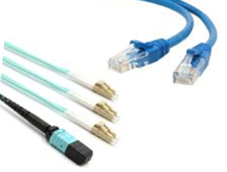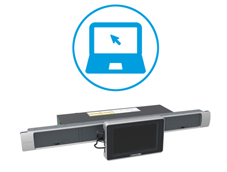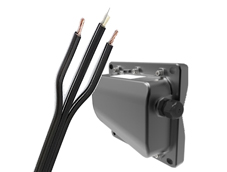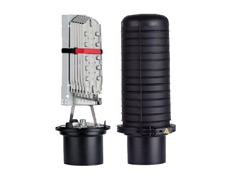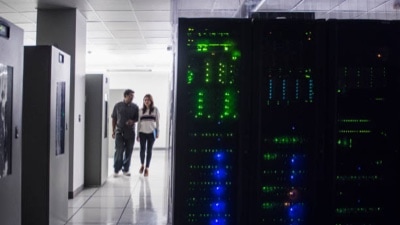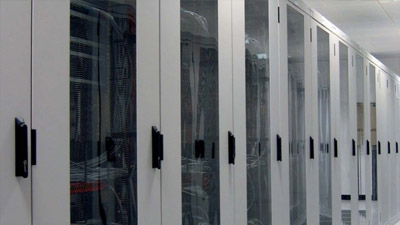Enterprise Networks
Do more with your network
Expectations for your enterprise network have never been higher, as both employees and customers engage with your business in new ways. To keep up with demand, your network infrastructure has to be up to the task. That’s where CommScope® solutions can help your network do more—and do it better.
CommScope’s network infrastructure solutions are designed to:
- Make your network simpler to deploy and manage
- Improve reliability
- Allow it to adapt and evolve as user demand requires.
Our comprehensive solutions portfolios cover every connection and cable, from copper and fiber structured cabling to IoT access networks; from unified Wi-Fi®, Wi-Fi 6E and switching to intelligent automated infrastructure management; and from 5G-ready distributed antenna systems to small cells.
With CommScope, a simpler, more reliable and more adaptable network can power the future of your infrastructure—and your business.
Segments we serve

Smart building
Your challenge: reduce OpEx, enhance safety, and increase user satisfaction—by making your building smarter. Are you ready?

Smart campus
Your network doesn’t stop at the front door. Connect your smart buildings into a smart campus, with ubiquitous wired and wireless connectivity and the infrastructure needed to support the multiplicity of devices and sensors.

Enterprise data centers
Increasing speed and latency requirements are redefining network architectures within the enterprise data center. As traditional three-tier topologies are replaced by spine-and-leaf systems, fiber and port densities must increase accordingly. Success comes down to the physical layer cabling and connectivity.

Universal connectivity grid
The enterprise network is a fluid environment that must be able to scale quickly and seamlessly as its footprint grows. The Universal Connectivity Grid is an easy-to-deploy, structured approach designed to support new users and spaces with regularly spaced consolidation points. Fast, simple and elegant.

Utility Grade Infrastructure solutions (UTG)
Utility Grade INFRASTRUCTURESM (UTG) combines technology, design and support to power the potential of converged smart building IT/OT networks.
The enterprise network is one of several levers driving long-term business success. The best-built networks are those that most effectively serve the core needs of the organization: business continuity, data security, physical safety and the universal connectivity that fuels the future.

Business continuity
Today’s enterprise network is the nerve center of business. Like any utility, it is expected to be up and running 24 hours a day, 365 days a year. No simple task. Data systems are becoming more secure and centralized, IT/OT networks are converging, and the need for greater mobility—inside and outside the office—is increasing. Whether the average user knows it or not, these trends have a tremendous impact on the network’s reliability—especially at the most fundamental level: your infrastructure.
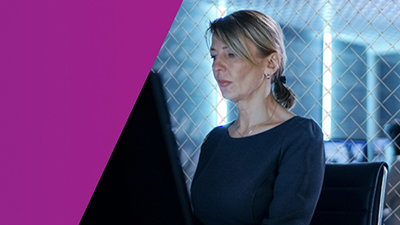
Data security
Throughout the enterprise, users expect more of everything from the network. The amount of data being shared, stored and processed continues to multiply, as do the security risks. The network has become central to the success of the business—and an increasingly attractive target. To adequately protect the network from attack, every layer must be addressed. The physical layer is one of the hardest layers to defend. For hackers, it also provides the greatest payoffs.

Physical security
Ninety-nine percent of the time, success is measured by network metrics. But a workplace emergency that endangers lives is a sobering reminder of what matters. A well-planned physical layer infrastructure plays a key role in safeguarding people and property. With scalable, fire-rated structured cabling, centralized and secure switching and power, and ubiquitous in-building cellular, your enterprise network infrastructure becomes a lifeline for those who need it.

Universal connectivity
Across today’s smart campus, collaboration is driving innovation thanks to advanced network infrastructure that’s seamlessly integrated, scalable and future ready. It takes a complete solution: fiber and copper structured cabling and connectivity, power over Ethernet (PoE) and extendable powered fiber, Wi-Fi and cellular mobility, and intelligent infrastructure management. Only CommScope brings it all together, along with the 40 years of experience and a visionary perspective.
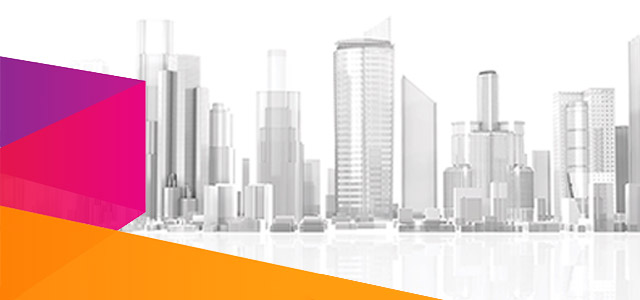
The Enterprise Source
Information about the now and next of connectivity infrastructure
This is the resource center that explains what’s here now – and what’s coming next for the enterprise.
Why CommScope?
Better user experiences
A better user experience means a more productive workplace. From outdoor Wi-Fi to indoor cellular and everything in between, CommScope wireless networks connect your always-on users everywhere and anywhere.
Reliability and security
With 40 years of networking experience—including structured cabling, wired and wireless access—CommScope builds IT and OT networks that help you achieve stable, secure, uninterrupted connections for your people and things.
Simplicity and efficiency
CommScope simplifies network complexity by minimizing network silos, consolidating wired and wireless infrastructure, automating network monitoring, and providing a single source for managing your entire physical layer.
Improved business outcomes
CommScope’s open network architecture and technology partner ecosystem enable us to deliver solutions that address industry-specific business challenges.
Converged wired and wireless enterprise networks
RUCKUS offers an extensive portfolio of solutions that helps you seamlessly integrate the Internet of Things (IoT), Wi-Fi, secure onboarding and more into your enterprise network.
Featured resources
Building Edge Infrastructure
White Paper
Re-thinking how networks can support the hyperconnected building, learn how.

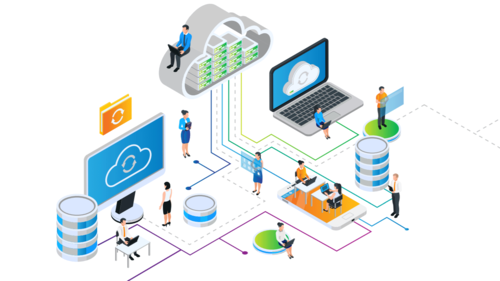
Why CommScope for Buildings and Data Centers
Technology Tip
This document overviews why CommScope for building and data center applications.
Why CommScope Category 6A?
Fact Sheet
Learn why category 6A is needed for applications within a building and why CommScope is the right choice.
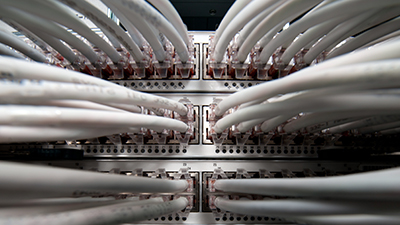

Smart building connectivity
eBook
The intelligence of today’s smart buildings is in the integrated communications infrastructure that powers and connects. Learn the strategies and best practices of creating the network infrastructure needed to realize your smart building’s potential.
SCS: the Fact File
The lowdown on Structured Cabling Systems, which are ubiquitous. We look at their history, application, technologies and how they will evolve in the future.

